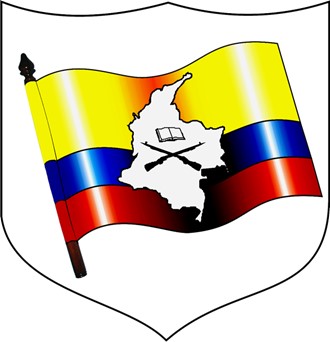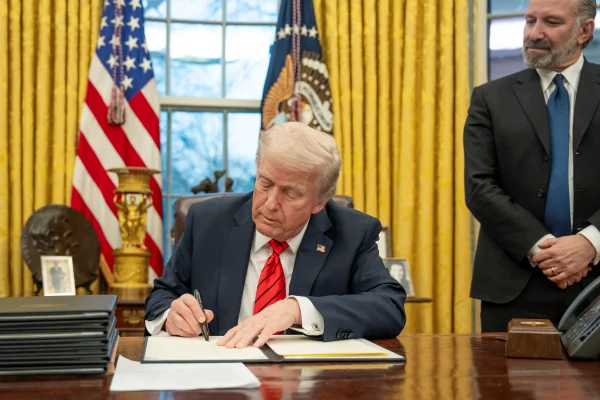Colombia’s Congress Approves Peace Deal with Rebel Group

FARC flag
On Wednesday, November 2, 2016, Colombia’s congress approved a peace deal with FARC, the largest rebel group in Colombia. FARC and the government have been in war for the last 50 years which has left more than 220,000 people dead.
On October 2, 2016, an early version of the peace deal was narrowly rejected by a national referendum. Only 50.2% of the votes were against the referendum. Many voters felt that peace was necessary, but that the specific deal they were voting on was too lenient on the rebels.
The accord will allow the Revolutionary Armed Forces of Colombia, FARC, to become a political party and stop fighting using guerrilla tactics. This date of ratification begins a six-month countdown until the change must be made. The opponents of the deal refrained from voting. The deal passed unanimously.
This agreement comes after five years of compromise by President Juan Manuel Santos. While it was speculated the accord would become a part of the Colombian constitution due to proponents viewing this as a “back-door” to a constitutional amendment, it will not.
As a part of becoming a political party, FARC will keep five seats in both the upper and lower houses of congress. War criminals will continue to be able to hold these seats.
In many of the cases that will be investigated regarding the FARC’s involvement in drug trafficking, the members will be granted amnesty if the proceeds only went to guns, food, and other necessities, and did not contribute to guerilla warfare.
According to a November 30 New York Times article by Nicholas Casey, “the new accord still does not allow for prison sentences for those who confessed to war crimes, which the [Colombian] government said would have caused FARC to leave the negotiating table.” However, they may serve up to eight years in what the Washington Office on Latin America calls “conditions of ‘effective restriction of liberty.’”











